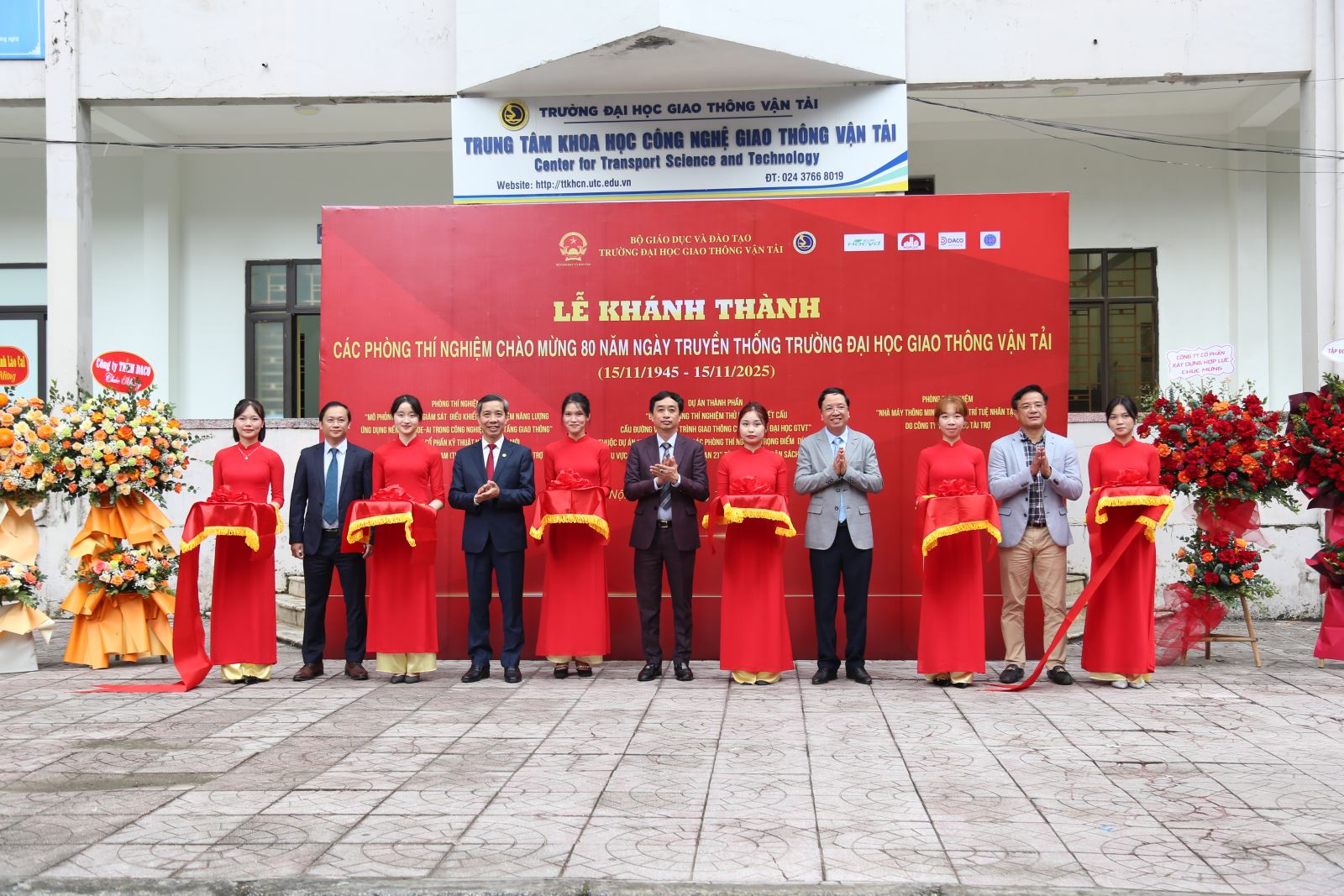
Speaking at the ceremony, Associate Professor Dr. Nguyen Van Hung, Principal of the University of Transport and Communications, emphasized: The event not only has the meaning of inaugurating new research projects, but also demonstrates the spirit of connection between the State - School - Enterprise - Locality - International Partners, expanding the traditional "Three-party Cooperation" model into "Five-party Cooperation", in line with the requirements of accessing and mastering strategic technologies in the new period.
The completion of laboratories and international cooperation symbol projects is a step to concretize Resolution No. 57-NQ/TW (December 22, 2024) on science and technology development, innovation and digital transformation, and Resolution No. 71-NQ/TW (August 22, 2025) on the development of higher education in the new period.
As a national key technical university in the field of transportation, and at the same time a leading unit in the network of excellent training centers in Industry 4.0, the University of Transport is assigned the responsibility of connecting schools - institutes - enterprises - localities - international partners, creating an innovative ecosystem associated with practice, aiming to decode, master and develop core technologies, strategic technologies for the transportation industry in particular, and the country's technical and technological fields in general.
According to Associate Professor Dr. Nguyen Van Hung, to perform this task well, the work of experimentation, testing and quality assessment plays a key role. In which, the cooperation of three parties - the State (policy making, leading resource investment), the University (creating new scientific and technological products) and Enterprises (investing, applying, benefiting) are considered the three pillars of development. At the University of Transport, the three-party model is expanded with two more subjects: international technology transfer partners and beneficiaries/applicants (localities, industry agencies), forming an extended three-party model, ensuring that research results go directly into practice.

Therefore, with this event, the five pillars of the expanded cooperation model have converged at the University of Transport with great confidence and determination. The policy support and investment resources from the Ministry of Education and Training , along with the practical companionship of domestic and foreign enterprises, are not only material support but also a trust placed in the team of scientific and technological staff of the University.
On this occasion, the University of Transport officially put into operation three key laboratories and one symbolic project of international cooperation, including: Laboratory for testing bridge and road structures and traffic works, under the Project "Investment in the construction of shared key laboratories in the North-Central-South region (phase 2)" approved by the Ministry of Education and Training, with a total investment of 40 billion VND; Laboratory for simulating monitoring, control and energy saving systems applying the IoE-AI platform sponsored by HOCYD Vietnam Smart New Energy Engineering Joint Stock Company (Hop Luc Group); Smart factory laboratory applying artificial intelligence (AI) sponsored by DACO Company Limited; The symbolic project of cooperation between Nippon Steel - UTC includes a super-lightweight concrete work and a clock column, symbolizing more than 20 years of cooperation in science and technology training between the University of Transport and Nippon Steel Group (Japan).
Laboratories and international cooperation projects not only serve the training and research activities of the University, but also expand the connection of technology transfer applications with businesses, localities and management agencies. This is an important foundation for the University of Transport and its partners to solve strategic problems of the transport industry, contributing to modernizing infrastructure, developing smart and carbon-neutral transport, in line with the country's sustainable development goals.
Source: https://baotintuc.vn/giao-duc/huong-toi-he-sinh-thai-doi-moi-sang-tao-quoc-gia-trong-giao-thong-van-tai-20251108191751187.htm


![[Photo] Cutting hills to make way for people to travel on route 14E that suffered landslides](https://vphoto.vietnam.vn/thumb/1200x675/vietnam/resource/IMAGE/2025/11/08/1762599969318_ndo_br_thiet-ke-chua-co-ten-2025-11-08t154639923-png.webp)





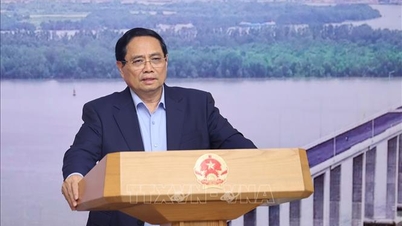
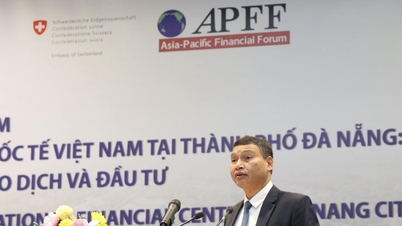

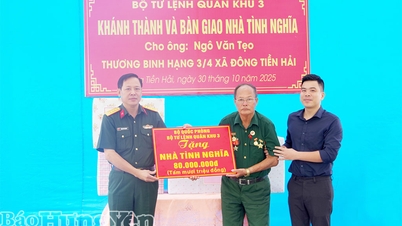

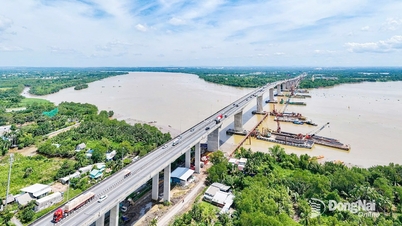

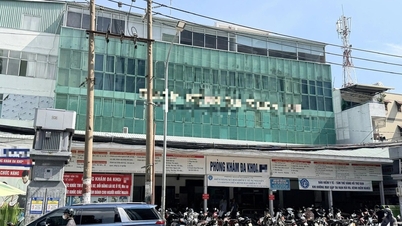










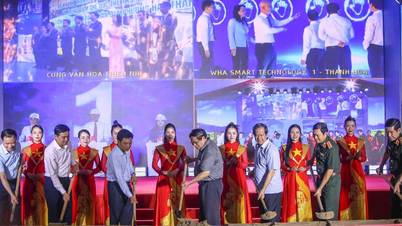




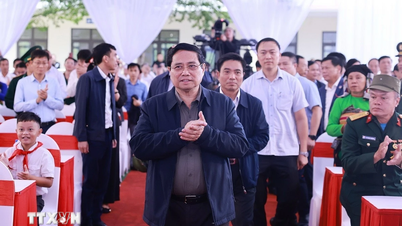


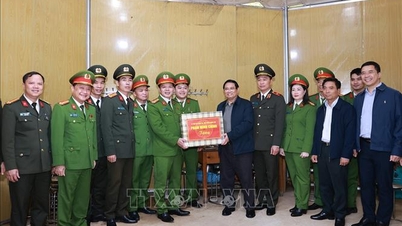
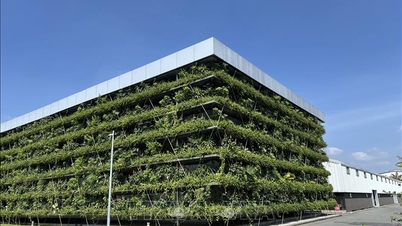
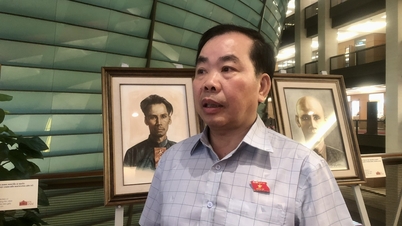










![[Video] Hue Monuments reopen to welcome visitors](https://vphoto.vietnam.vn/thumb/402x226/vietnam/resource/IMAGE/2025/11/05/1762301089171_dung01-05-43-09still013-jpg.webp)

























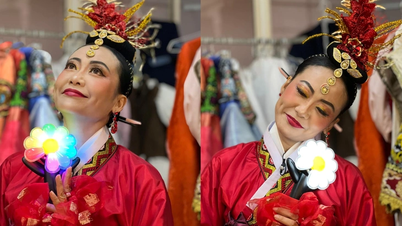
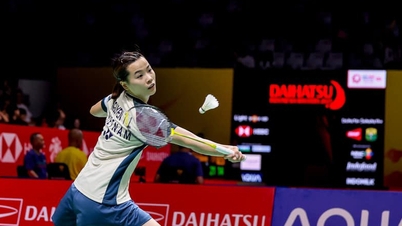










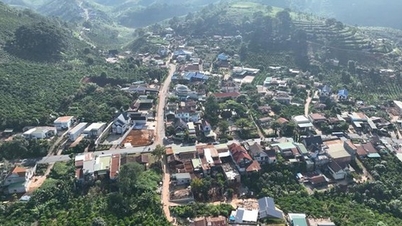
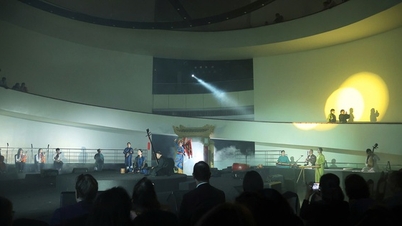




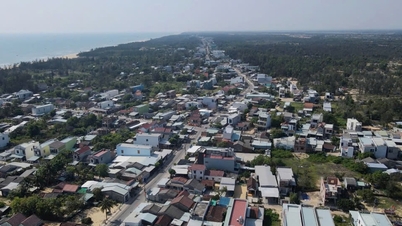
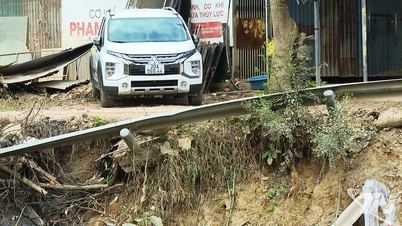

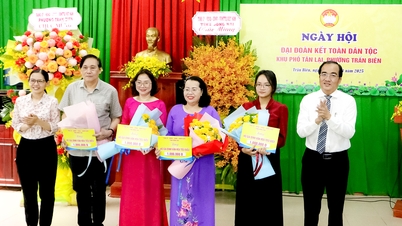

![Dong Nai OCOP transition: [Part 2] Opening new distribution channel](https://vphoto.vietnam.vn/thumb/402x226/vietnam/resource/IMAGE/2025/11/09/1762655780766_4613-anh-1_20240803100041-nongnghiep-154608.jpeg)











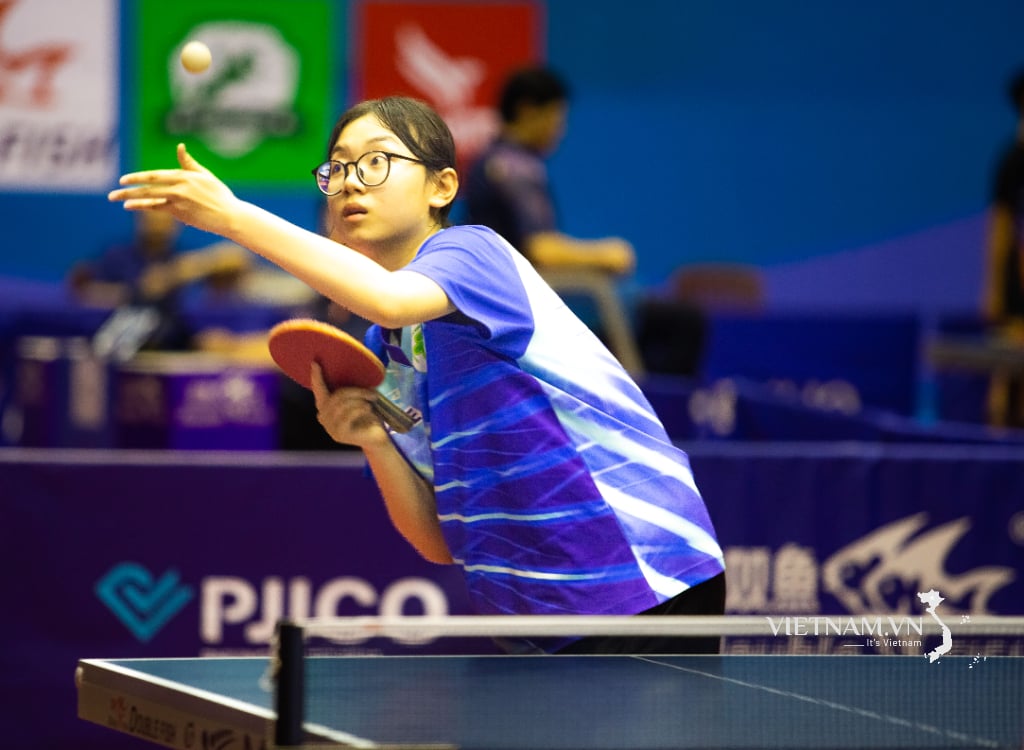

Comment (0)